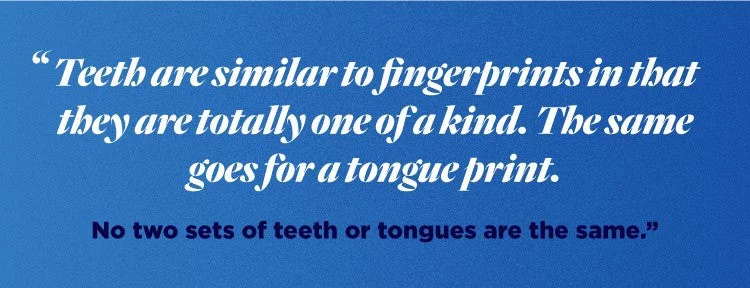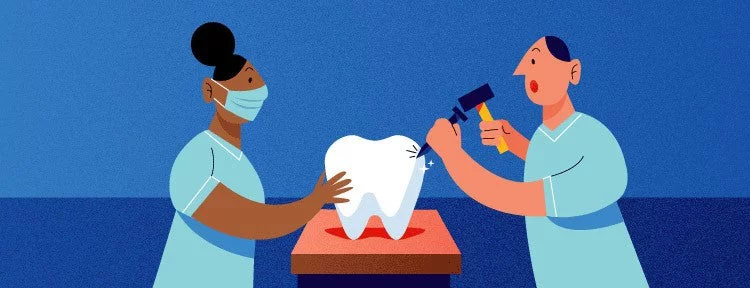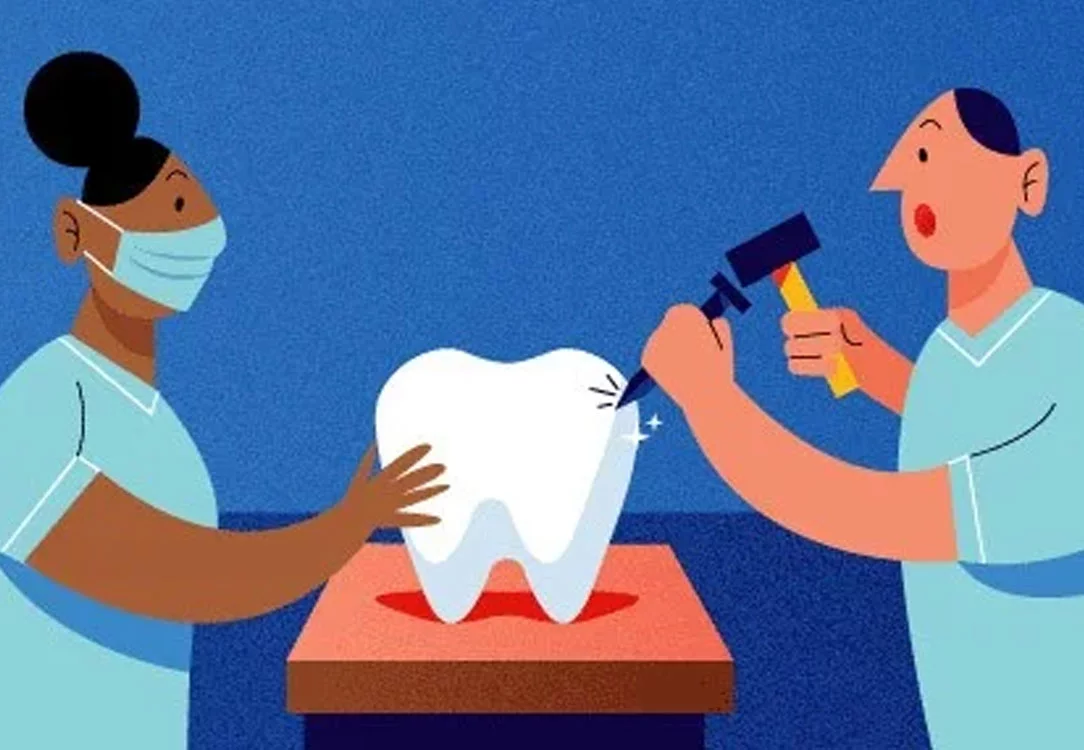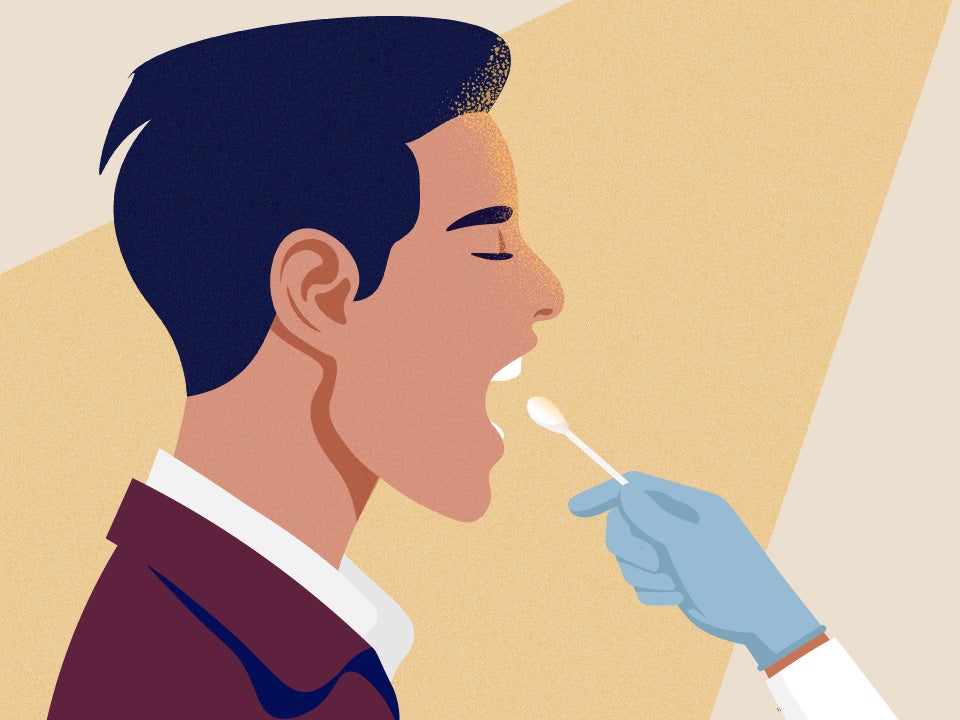#1 Tooth Enamel is the Hardest Substance in the Body
People often assume bones are the hardest substance in the body. The correct answer is actually tooth enamel. Teeth have a distinctive look because they are covered by enamel. Enamel is comprised mostly of hydroxyapatite. It also contains magnesium, sodium, fluoride, and carbonate. Tooth enamel's job is to provide a protective shell around each tooth. This is probably one of the more well-known teeth facts. The following fact might not be so well known.
#2 Teeth Are Not Bones
Surprisingly, teeth are not bones. Bones and teeth are similar - they certainly look similar - as both contain nerves and blood vessels. Both are also primarily calcium. The difference is that bones produce marrow while teeth do not.

#3 Sports Are a Leading Cause of Dental Injuries in Children
Many kids play sports, whether in recreational or school leagues, or simply on their own. Sports cause 10% to 39% of dental injuries in children. Broken and chipped teeth are common injuries. Children can reduce the risk of an oral injury by wearing protective gear - especially a mouthguard!
#4 Tooth Enamel Does Not Grow Back
Despite being the hardest substance in the human body, tooth enamel doesn't regenerate. The body heals itself from a cut or even a broken bone. But teeth don't self-repair once enamel erosion takes place.
You can, however, strengthen and repair existing enamel through a process called remineralization. Remineralization occurs when minerals like fluoride, calcium, and phosphate reunite with your enamel. This happens through food and water consumption.
#5 Functions of Saliva
#6 Each Person’s Teeth Are Unique
#7 Tooth Care Is Centuries Old
#8 Teeth Reveal Facts About Each Person

#9 Tooth Formation Exists When a Baby is Born
The crowns of a baby’s first 20 teeth exist underneath their gums the day they are born. Babies eventually begin teething, some between the ages of 3 to 6 months. Crowns and roots of adult teeth begin forming underneath baby teeth during childhood.
#10 Even More Fun Dental Facts
Oddly Amusing Dental Facts
Here are some amusing dental facts:
- People prefer blue toothbrushes over red ones!
- Teeth are part of the digestive system since they chew food into smaller, digestible pieces
- Get your children to brush their teeth for a set time period by playing their favorite song. Keep brushing until the music stops!
- Some children don't finish losing their baby teeth until the age of 12
Facts About Tooth Decay
- Cavities and periodontal disease are the two biggest threats to a healthy mouth
- Both are among the most common chronic diseases in the United States
- Cavities are the most common chronic disease in children
- Untreated periodontal disease is the most common cause of tooth loss in adults
- One-quarter of adults 65 or older have lost all of their teeth due to untreated periodontal disease
Facts About Dentists
- Toothache treatment options were a bit different during medieval times. Earthworms were boiled in oil. The oil was then placed into an ear. Treatment for a loose tooth consisted of tying a frog to the jaw. And in Germany, kissing a donkey supposedly cured a toothache.
- In early American times, dentists often doubled as blacksmiths or barbers since both professions required sharp tools. Keep in mind, though, that back then there were no numbing agents so imagine the pain associated with dental work!
- Teeth cannot repair themselves. That is why practicing good oral care and getting regular dental cleanings are so important. You need to make those teeth last!
Find a Dentist Near Me
Consult your dentist to discuss any oral health questions or simply chat about fun facts about teeth. Or, check out our find a dentist tool to near you for all your oral health needs. You can read patient reviews, peruse staff bios, and schedule an appointment online with a click of your mouse.
Find your trusted, local dentist today!
Sources
- Colgate. (2024). Surprising oral health facts about children. https://www.colgate.com/en-us/oral-health/kids-oral-care/surprising-oral-health-facts-about-children
- Colgate. (2024). Dental trivia: Fun teeth facts for kids. https://www.colgate.com/en-us/oral-health/kids-oral-care/dental-trivia-fun-teeth-facts-for-kids
- Colgate. (2023). What is tooth enamel? https://www.colgate.com/en-us/oral-health/mouth-and-teeth-anatomy/what-is-tooth-enamel#
- Colgate. (2020). Are teeth bones? https://www.colgate.com/en-us/oral-health/mouth-and-teeth-anatomy/are-teeth-bones
- Colgate. (2024). How to remineralize your teeth. https://www.colgate.com/en-us/oral-health/cavities/can-you-remineralize-teeth
- Colgate. (2023). Can tooth enamel be restored? https://www.colgate.com/en-us/oral-health/adult-oral-care/can-tooth-enamel-be-restored
- Benjamin, R. M. (2009). Oral health: The silent epidemic. National Library of Medicine. https://www.ncbi.nlm.nih.gov/pmc/articles/PMC2821841/
- Colgate. (2023). Excessive saliva? What it could mean (and how to deal). https://www.colgate.com/en-us/oral-health/adult-oral-care/excessive-saliva#
Smile Generation blog articles are reviewed by a licensed dental professional before publishing. However, we present this information for educational purposes only with the intent to promote readers’ understanding of oral health and oral healthcare treatment options and technology. We do not intend for our blog content to substitute for professional dental care and clinical advice, diagnosis, or treatment planning provided by a licensed dental professional. Smile Generation always recommends seeking the advice of a dentist, physician, or other licensed healthcare professional for a dental or medical condition or treatment.








